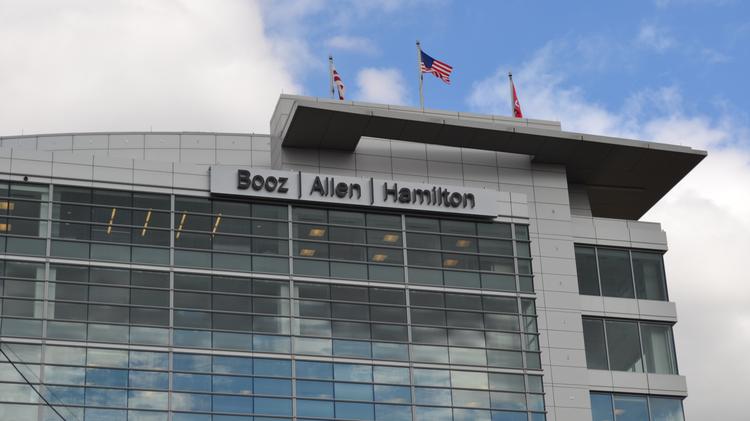Saudi Arabia’s recent onslaught of bad press, including the murder of journalist Jamal Khashoggi and ongoing support for the war in Yemen, has stirred international concern for the Gulf state’s stance on human rights. However, despite discussions to address Saudi Arabia’s track record of rights abuses, the Gulf state has managed to maintain business relations with a handful of American firms, including Booz Allen Hamilton, McKinsey & Company, and Boston Consulting Group.
Earlier this year, officials from the Saudi Cyber Security and Programming Federation signed an agreement with the US consulting firm Booz Allen Hamilton for support to Saudi Arabia’s cybersecurity sector. The memorandum ensured the education and training of Saudi cybersecurity experts, among other means of support and partnership. In the months since, Booz Allen’s support should have diminished, chiefly when Saud al-Qahtani, a close aide to the Crown Prince and overseer of the April Booz Allen deal, was implicated in breeding an aggressive environment ripe for the murder of Jamal Khashoggi – yet the firm maintains the agreement.
Booz Allen’s business ties in Saudi Arabia go back years, providing naval training on logistics, financial management, intelligence and electronic warfare – the latter of which the firm denies providing equipment for – to Saudi Arabia through US government-backed programming. The firm previously signed a three-year contract with Saudi military providing logistical, consulting, and intensive management support. While Booz Allen’s contracts with Saudi Arabia may not be outwardly or directly supporting overt human rights abuses, the firm’s continued partnership and dealings with the Kingdom raises questions of its own prioritization of human rights.
This is not the first time that Booz Allen Hamilton has partnered with a state holding an abysmal rights record – it has provided support for the United Arab Emirates, as well. Though it has brought forth humanitarian plans in aiding with the crisis in Yemen, Booz Allen has also trained the Saudi navy establishing a blockade on fundamental imports into Yemen and, while it has released statement that it does not support the war in Yemen, has neglected to address whether or not the Saudis it trains are part of the blockade’s execution. Meanwhile, the blockade has seriously curtailed humanitarian aid into the war-torn country, which now teeters on the brink of further catastrophe. Recent estimates from the UN show that as many as 14 million Yemenis are close to famine, while more than 3 million have been displaced. Airstrikes and the blockade, specifically, have been labeled as major factors in this crisis.
As pressure builds to rescind US support for the Saudi-led coalition, it should be evident that businesses and actors in other sectors begin to follow suit. With the ongoing crisis in Yemen and the escalation in Saudi Arabia’s international human rights abuses with the murder of Khashoggi, firms like Booz Allen Hamilton should, hopefully, begin to signal their own withdraw from contracts with the Gulf state. While consulting firms may play a key role in implementing the Crown Prince’s modernization campaign, they currently possess the potential to shape Saudi Arabia’s human rights landscape at a critical period in the state’s history.
Laura Neumayer is an Advocacy Fellow with ADHRB.





